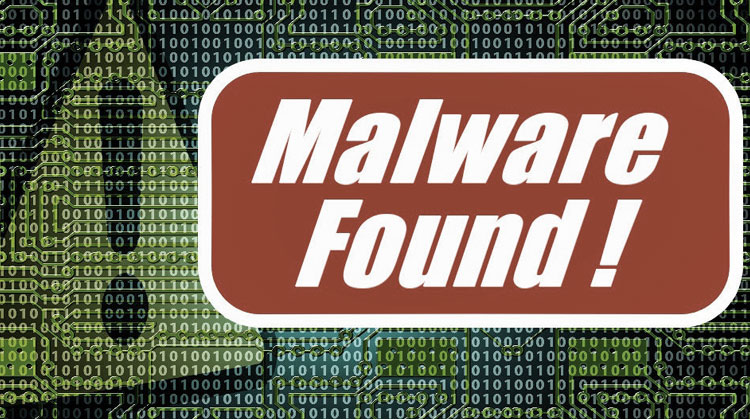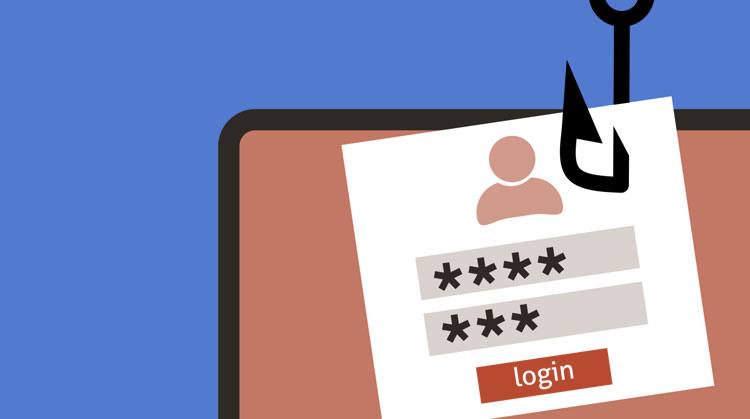
You have a successful website. It has the traffic, appears in the top-ranking positions in Google searches, and has brought you a fair deal of business. You are quite happy with the performance it has been giving you. However, you have it moderately secured with Wordfence or some other equivalent lower-level security program. This is good but although everything seems to be humming along just fine and the website looks safe, dandy, and effective, what is going on inside of your website can be a bit of a shock.
Hackers Know
Hackers have become quite sophisticated in recent years. And they are always looking for ways of breaking into websites just like yours. But why your website? The reasons may also surprise you, even if your website is not holding or hosting any valuable information. But let’s throw out a scenario. Suppose your site is providing some type of backend solution where clients are monitoring and logging into some kind of backend for daily or weekly updates.
Keylogging
Keylogging is one of the most popular practices in the world of computer hacking. Hackers just need to install a very small and innocent-looking file into your system. The file may contain only a few lines of code which will key log all of the login attempts of most – if not all – of your clients. This means that both the user names and passwords of your clients are now compromised. This is not good for you as a business owner or for any of your clients and we all know why that is.

Now the interesting thing is that this little, innocent file that was hacked into your hosting system may go undetected by even the most reliable firewalls or security systems. That is if you are not scanning your website regularly. A general rule of thumb is to scan your website at least weekly manually and remove threats immediately.
Ransomware Hurts
Another cunning method used by hackers today is to replace a certain .doc or .xls file with infected files that contain Ransomware. If you do not already know, Ransomware is quite simply the most disastrous form of hacking and it is trending upward. Ransomware is essentially a tool used by hackers to block access to files and demand a user pay a “ransom” to receive a key that unlocks that block. Ransomware has cost companies of all sizes a tremendous amount of money and downtime. However, as more and more computer users are being educated on the importance of not opening files received via email from unknown senders, Ransomware demands are starting to fail.
Protected Enough?
Think you have enough protection? Well, I strongly suggest you think again. Even the best security system on the planet, or malware scanning program may not recognize the replaced infected file as a threat. Remember, these files do not have much in them, usually just a few lines of code. That is one of the reasons why they can live on your system and not be noticed until after the damage has been done. The only way to ensure that these little files are not missed is to make a copy of your hosting and conduct a manual scan from your PC with a reputable Ransomware scanner/detector.

You know what they say, it is better to be safe than sorry
That tends to work on many different levels on absolutely everything. When you think about your website, it is always better to spend a little more time on something that will ensure that it is working correctly and has no threats than just assuming that the security in place is enough. Don’t get me wrong, there are some excellent website security programs out there. However, some hackers are a little better than those programs. Don’t let your site become the next victim of a malware attack. Take matters into your own hands and conduct a regular scan to protect you and the data of your customers.
